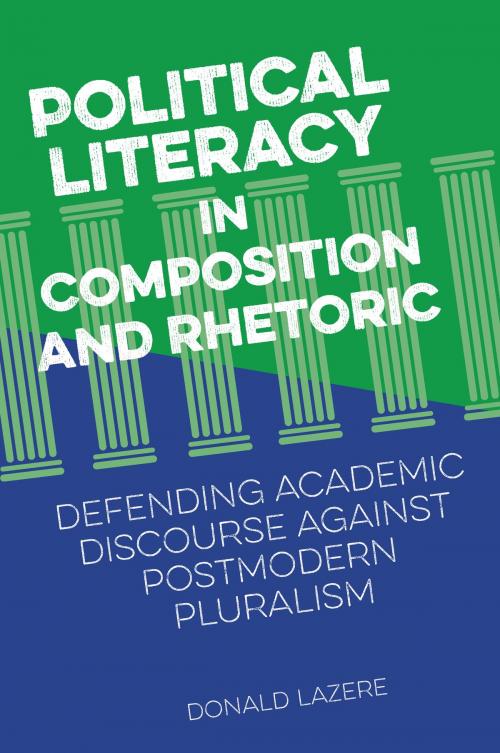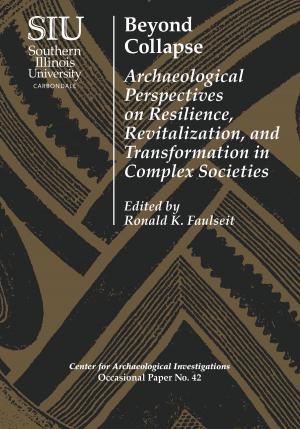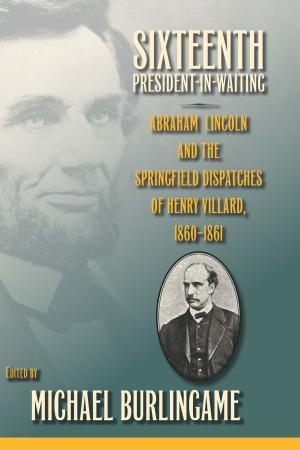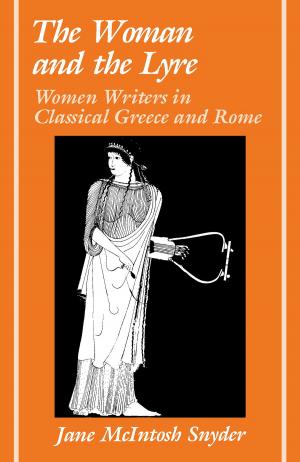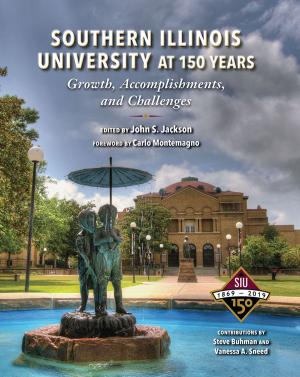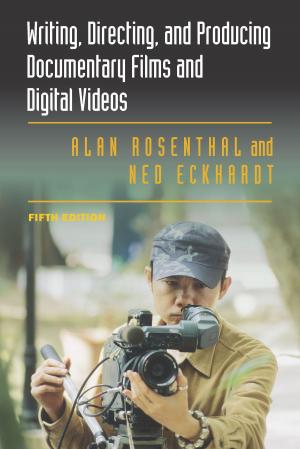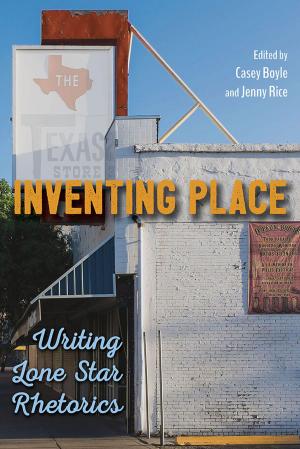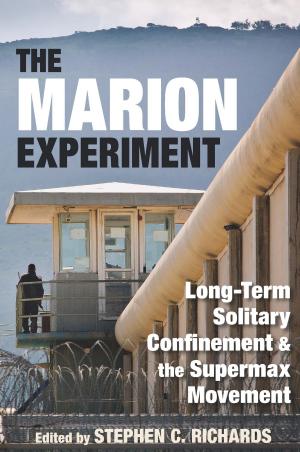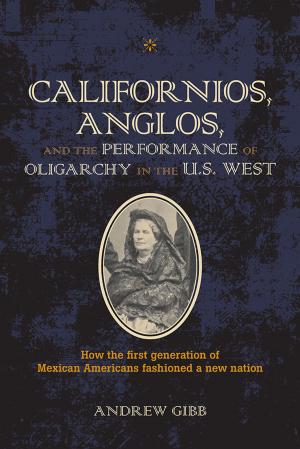Political Literacy in Composition and Rhetoric
Defending Academic Discourse against Postmodern Pluralism
Nonfiction, Reference & Language, Language Arts, Public Speaking, Rhetoric, Writing & Publishing, Composition & Creative Writing| Author: | Donald Lazere | ISBN: | 9780809334292 |
| Publisher: | Southern Illinois University Press | Publication: | July 20, 2015 |
| Imprint: | Southern Illinois University Press | Language: | English |
| Author: | Donald Lazere |
| ISBN: | 9780809334292 |
| Publisher: | Southern Illinois University Press |
| Publication: | July 20, 2015 |
| Imprint: | Southern Illinois University Press |
| Language: | English |
In *Political Literacy in Composition and Rhetoric, *Donald Lazere calls for revival of NCTE resolutions in the 1970s for teaching the “critical reading, listening, viewing, and thinking skills necessary to enable students to cope with the persuasive techniques in political statements, advertising, entertainment, and news,” and explores the reasons these goals have been eclipsed in composition studies over recent decades. Obstacles to those goals have included the emphasis in the profession on basic and first year writing at the expense of more advanced study in argumentative rhetoric, and on the privileging of students’ personal writing over critical study of both academic and political discourse. Lazere further argues that theorists who legitimately champion students’ pluralistic local communities sometimes fail to recognize that liberal education can enable students to grow beyond their home cultures to critical awareness of national and international politics. Finally, he argues that the fixation in recent composition studies on liberally-inclined students and communities “on the margins” has eclipsed attention to the conservative conformity long prevalent in mainstream American society and education. His proposals for curriculum and pedagogy seek to introduce students to a more highly-informed, cogent, and open-ended level of debate between the political left and right.
In *Political Literacy in Composition and Rhetoric, *Donald Lazere calls for revival of NCTE resolutions in the 1970s for teaching the “critical reading, listening, viewing, and thinking skills necessary to enable students to cope with the persuasive techniques in political statements, advertising, entertainment, and news,” and explores the reasons these goals have been eclipsed in composition studies over recent decades. Obstacles to those goals have included the emphasis in the profession on basic and first year writing at the expense of more advanced study in argumentative rhetoric, and on the privileging of students’ personal writing over critical study of both academic and political discourse. Lazere further argues that theorists who legitimately champion students’ pluralistic local communities sometimes fail to recognize that liberal education can enable students to grow beyond their home cultures to critical awareness of national and international politics. Finally, he argues that the fixation in recent composition studies on liberally-inclined students and communities “on the margins” has eclipsed attention to the conservative conformity long prevalent in mainstream American society and education. His proposals for curriculum and pedagogy seek to introduce students to a more highly-informed, cogent, and open-ended level of debate between the political left and right.
